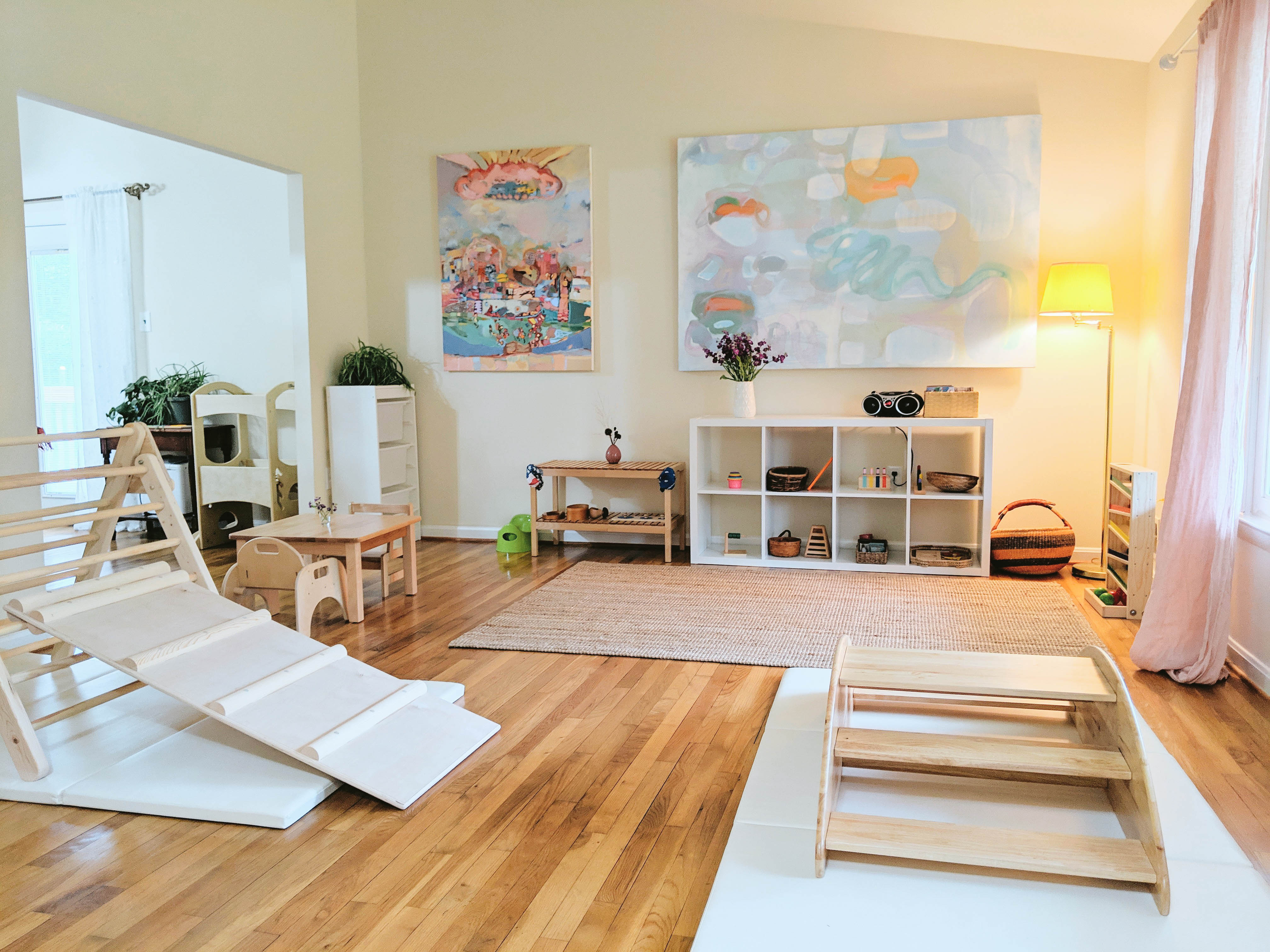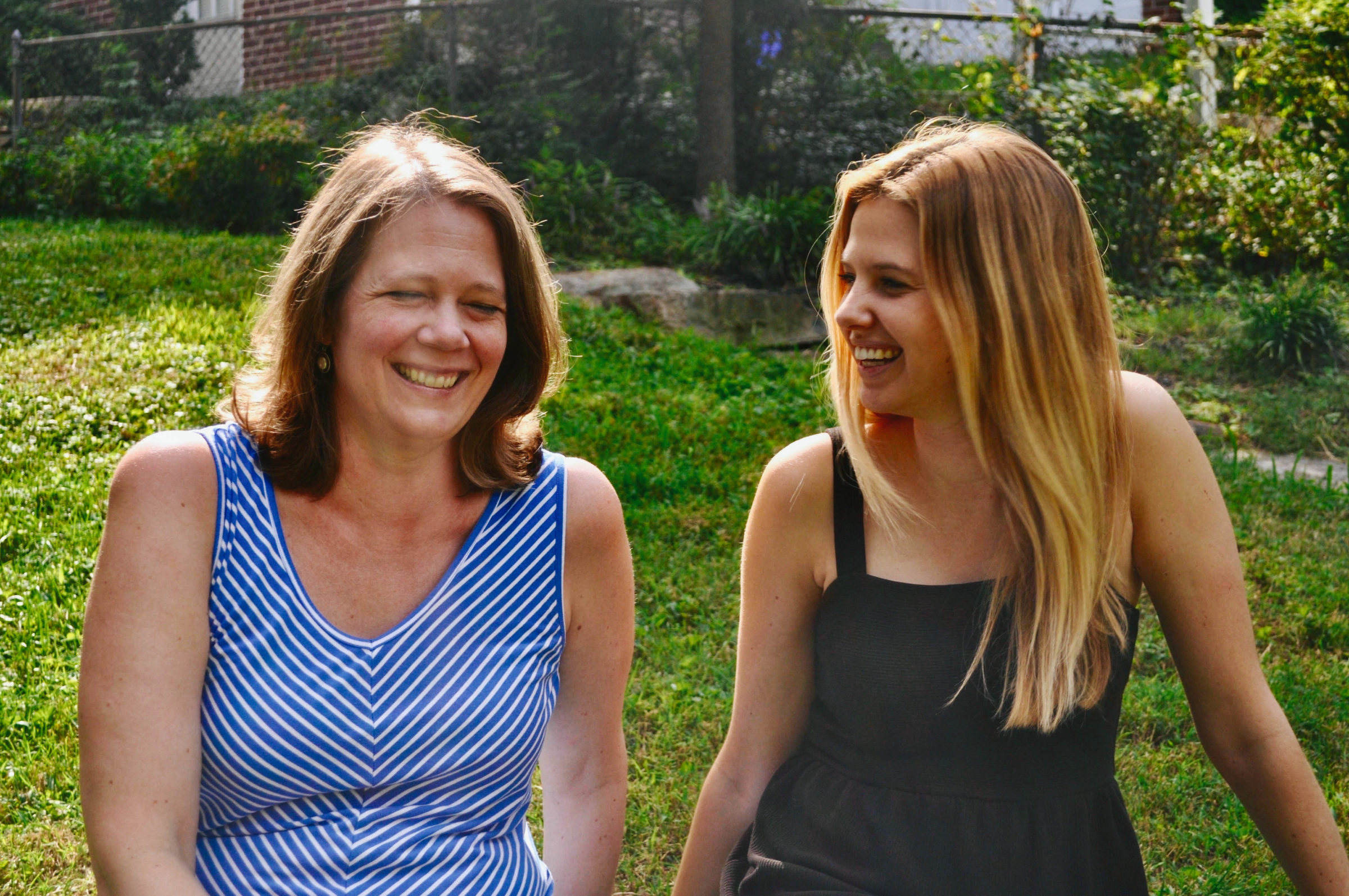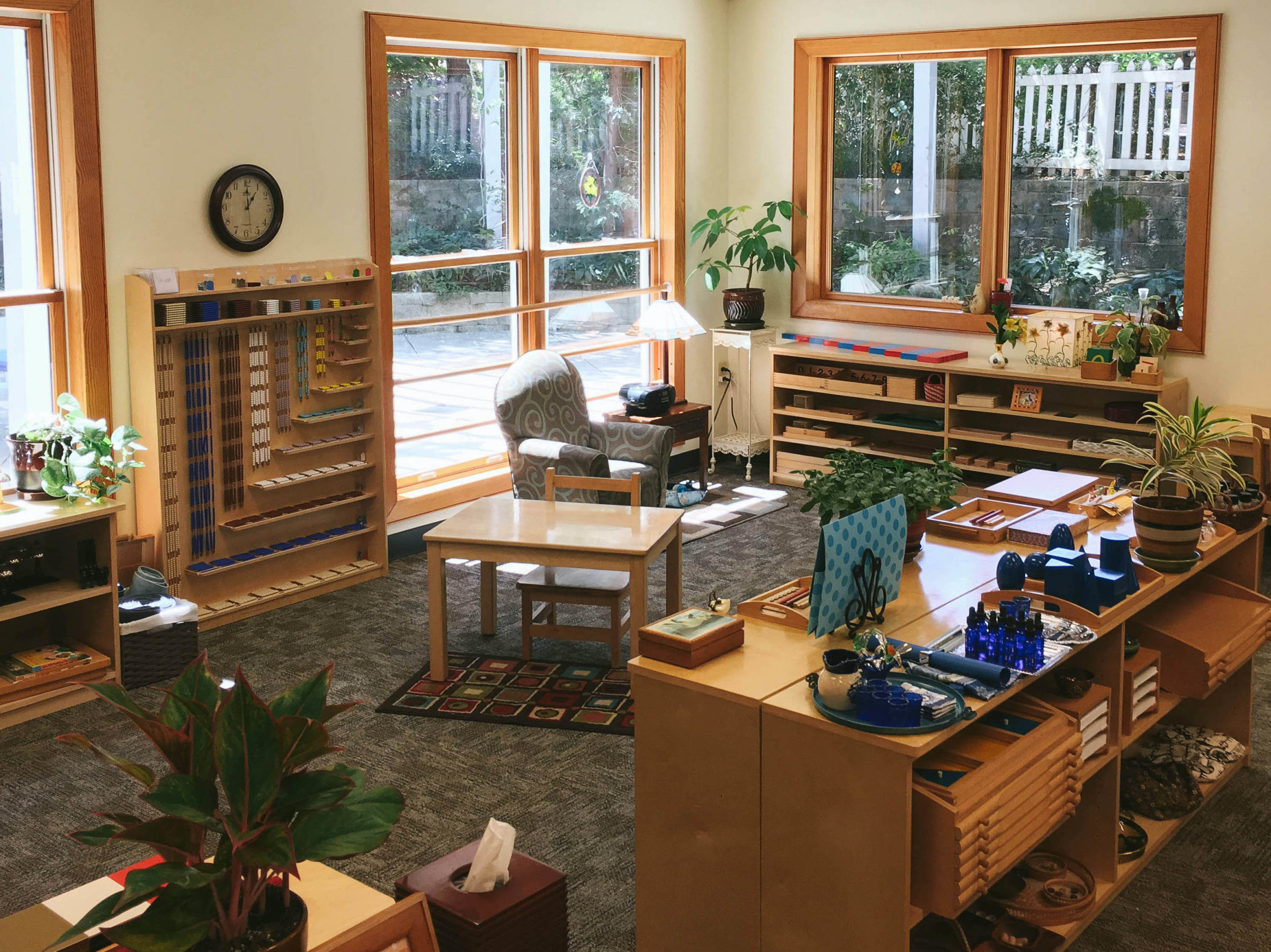Spotlight Haas Montessori Consulting
Spotlights
This interview is with Carolyn from Haas Montessori Consulting
Q: Can you tell us a little bit about yourself? Your background, your interests, your dreams?
Growing up, I often played school with my younger siblings. Both of my grandmothers were teachers (a reading specialist and a voice teacher), and somehow I always knew I would follow this path. Before Montessori training, I did education research in university, recruited for Teach For America, and interned in the DC Public Schools Central Office. I taught in Vietnam on a Fulbright Scholarship and then at a Montessori-inspired school in Ecuador. Returning to the United States, I worked as a classroom assistant before taking AMI training at the Washington Montessori Institute (WMI) and spending several years in the classroom.
Currently, I stay at home with my young daughter. We have a licensed in-home daycare with two other children which follows Montessori principles; we also spend as much time as possible outside. On the weekends, I work with families through my consulting business, Haas Montessori Consulting, and I serve on the WMI Board of Directors. I love to write, travel, read, and hike. I dream of having a place somewhere wooded, maybe mountainous, a bit wild – with a straw bale house we’ve crafted with our own hands, productive gardens, and space to welcome all of our family and friends.
Q: Now that the hardest question is out of the way: What’s your favorite color?
Purple, closely linked with lavender and its wonderful smell. It’s become a family favorite!
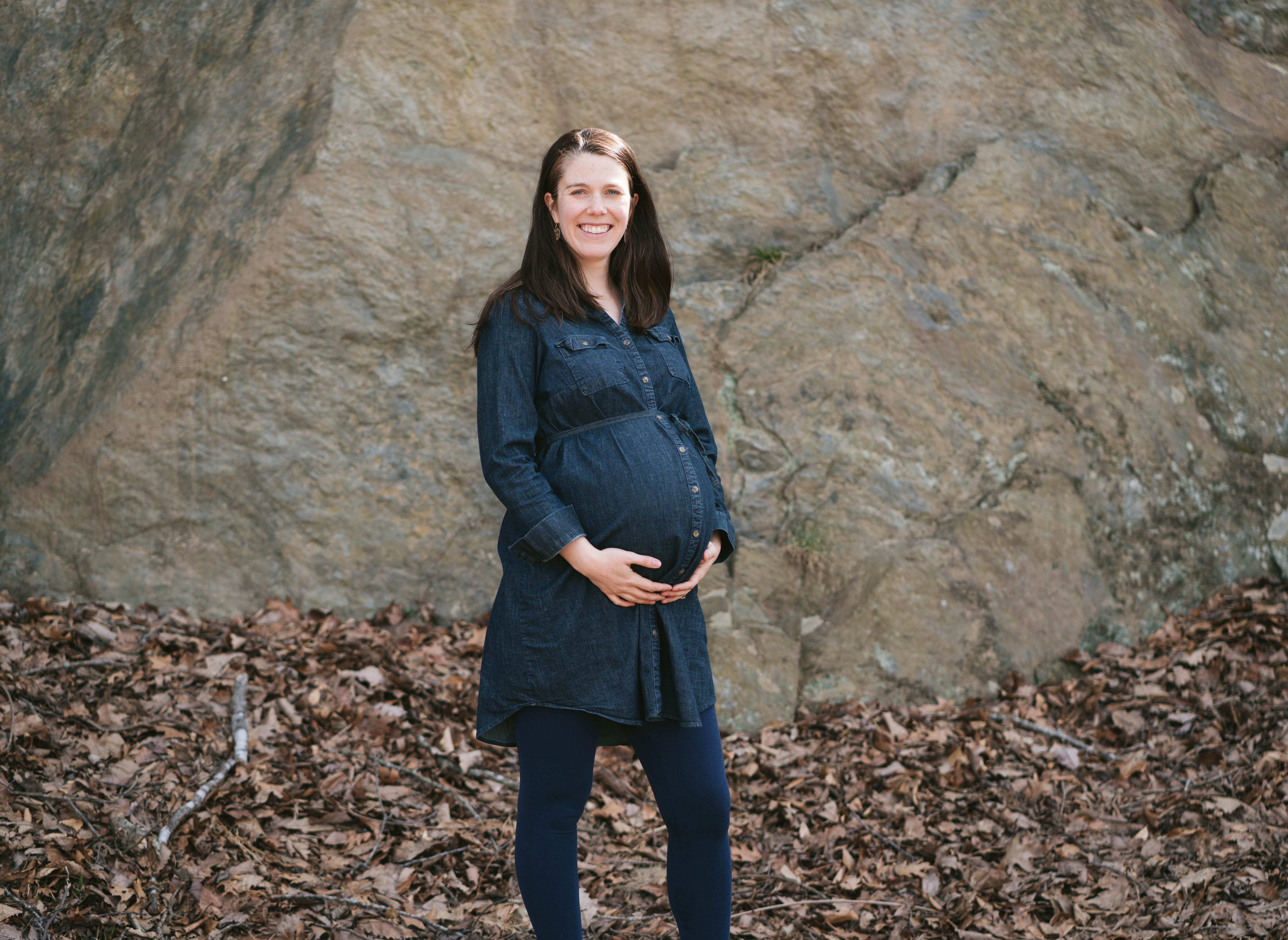
Q: Do you have a favorite book? How about a film?
I really enjoy Howard’s End by E.M. Forster. I like too many books to choose a favorite. I’m not much of a movie person, but I love Gilmore Girls. I could probably write a dissertation on it!
Q: When you close your eyes late at night, and imagine waking up and starting a new adventure: what is that adventure?
I would love to do a long through-hike on the Appalachian trail, or travel with my family while working on farms in different countries (WWOOFing). We like to get to know the people of a place. I really admire Andrew Forsthoefel’s epic journey of walking across the United States and talking to people along the way: “walking to listen,” he called it.
Q: What first appealed to you about Montessori?
I had been dabbling in different areas of education (research, recruitment, programs attempting to close the achievement gap in this country, EFL programs abroad), but I hadn’t found the right fit. Reading E.M. Standing’s book on Maria Montessori felt like turning over a rock and discovering unknown treasures. I liked that the Montessori philosophy is based in science, serves a need (helping people understand, respect, and empower young children), and does so effectively and comprehensively (across all of childhood) in a way that has stood the test of time and research.
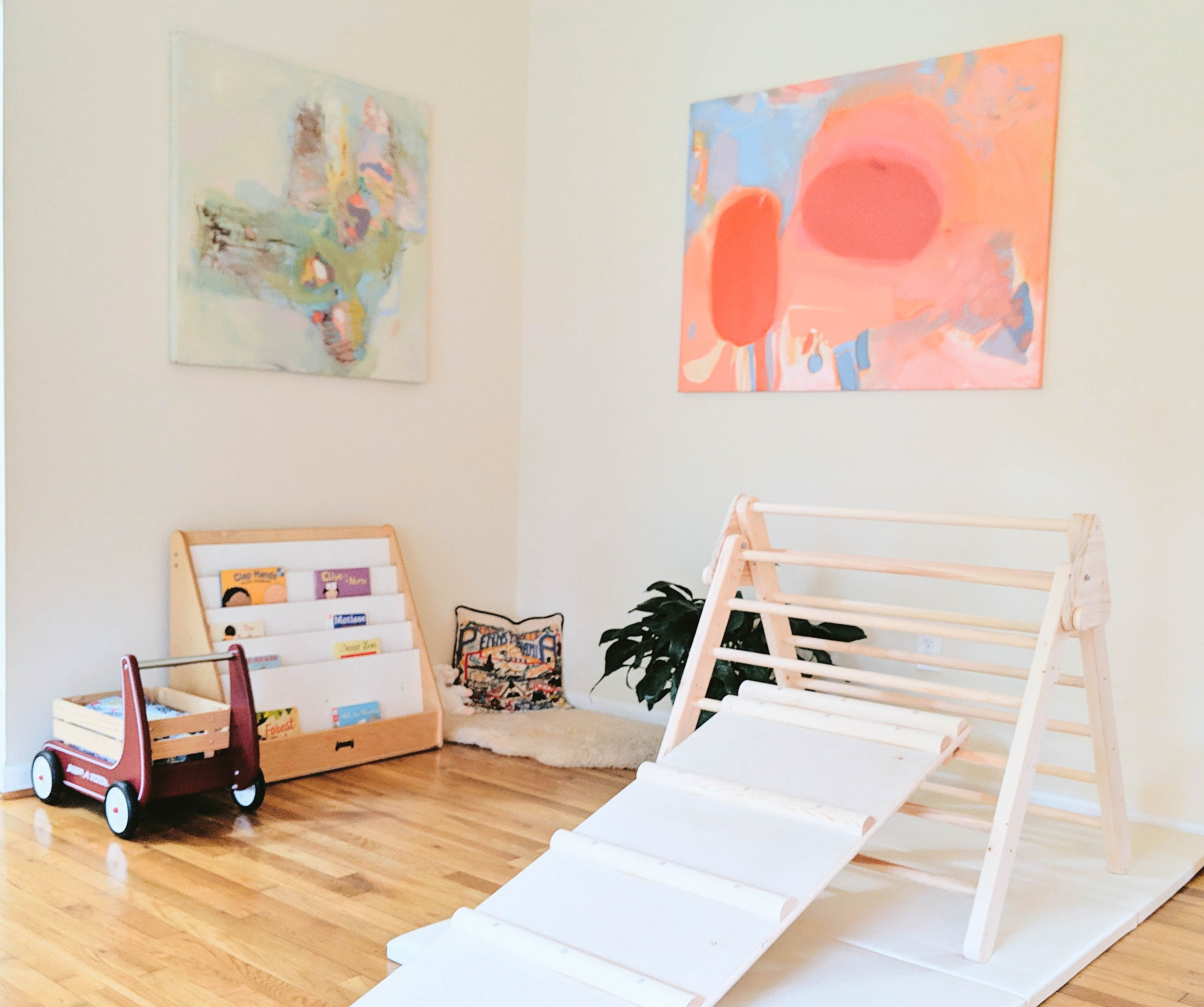
Q: What advice do you have for new Montessori adults?
Read a lot. I was really bitten by a bug when I found the Montessori philosophy. I started as a classroom assistant, and that year, I not only read every book in the school’s well-stocked library but years worth of subscriptions to several Montessori magazines, and the primary guide’s Montessori albums. My hunger to study and learn was insatiable. I went on to read each of Maria Montessori’s books – before I began training – and many, many books on parenting. Reading continues to show me how very little I know.
Observe in many different environments. When I stepped out of the classroom to care for my daughter, I observed in as many local schools as I could. I love to watch the different ways people practice Montessori philosophy and how their interests enrich their communities (knitting, baking, birdwatching, embroidery, etc). There are many more environments I would love to visit! We can learn so much from each other. I am also interested in observing in non-Montessori programs, such as Tools of the Mind, forest preschools, Reggio-Emilio, Waldorf, traditional preschools, scout troops, 4-H, and the list goes on.
Q: Did you have a “Montessori Moment?”
I’ll never forget the first time I witnessed the dramatic all-encompassing concentration that I had read about. Maria Montessori described lifting a child’s chair onto a table as an experiment and the child continued to work. In my experience, I had just demonstrated the Knobless Cylinders to a young girl, and she became so engrossed, almost in a trance, that she did not notice when all of the children left the room or hear their happy clamor in the hallway as they dressed to go outside. In fact, the child seemed under such a spell that someone stayed behind to let her continue exploring while the rest of the class went to the playground. It felt magical. When she finished, she joyfully joined the group outside.
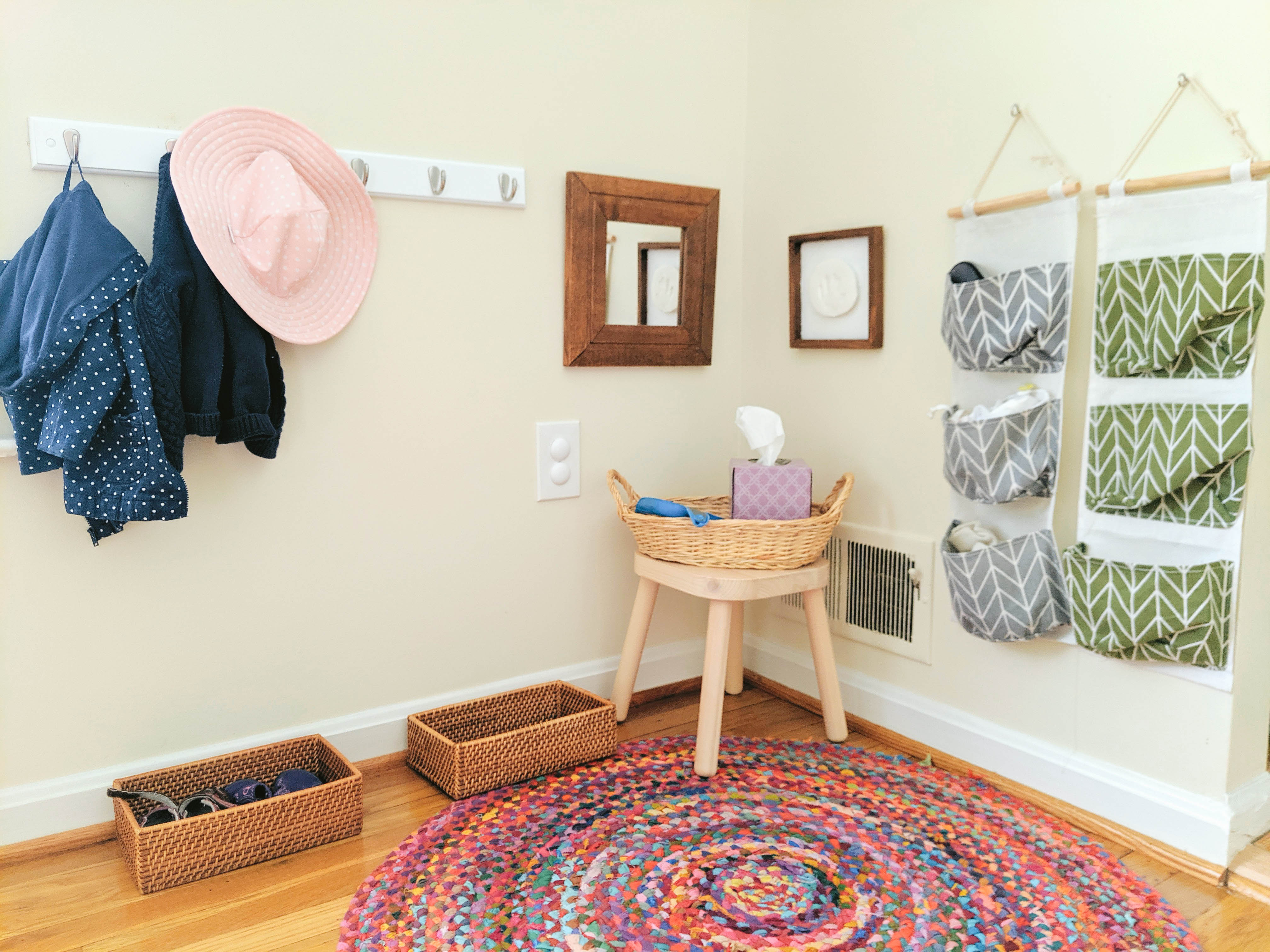
Q: What’s your favorite Montessori quote?
“Our care of the child should be governed, not by the desire to make him learn things, but by the endeavor always to keep burning within him that light which is called intelligence.”
Q: What inspired you to share your Montessori story?
Thanks for including me! I’m inspired by all those who gently but persistently advocate for children – every day – in the worlds inside and outside of our prepared environments. I am inspired by the constantly humbling process of being a mother to my daughter and learning as much as I can to help her be a person of character.
Q: What advice do you have for new parents trying to incorporate Montessori at home?
Start small, and just start. A simple act like hanging a low hook for your child’s coat by the door. Or a hook for your child’s towel in the bathroom. Or placing a sponge and a towel on a low shelf for spills. Whatever that first step is, just start. Your child’s enthusiasm about independently interacting with your environment will drive you forward.
You can do it! You don’t need to be a stay-at-home parent. You don’t need a lot of money or a lot of space. You don’t need pretty shelves or loads of store-bought things. Incorporating Montessori at home is a bit of a misnomer (though many of us say it, myself included!). The Montessori philosophy is about showing respect for children’s capabilities by offering opportunities for purposeful work, sustained engagement, and independence. Start by asking, “Would you like to help?”
Q: What do you think is the best introduction to Montessori?
Observing in a high-fidelity Montessori environment and then having a conversation with the Montessori guide.
“Start small, and just start.”
Q: What continues to inspire you about Montessori?
I am inspired to make connections outside of the Montessori community to help more people understand the unique needs and potential of young children. I like the idea of working with pediatricians, nurses, dentists, hairdressers, business owners, and anyone who interacts with and creates spaces for children and families.
I’m grateful to many thoughtful and respectful people who care for children, who tell them what a tool is before they use it and explain what they will do to the child’s body. But I am also surprised that more people don’t show this basic respect. I like the idea of sharing ideas with other professionals about how to talk to young children, prepare spaces for young children, and empower families with this same information. Maria Montessori’s ideas about children need not be confined to school communities. I am inspired by a cultural movement to help people better understand, respect, and support young children. We all have so much to learn.
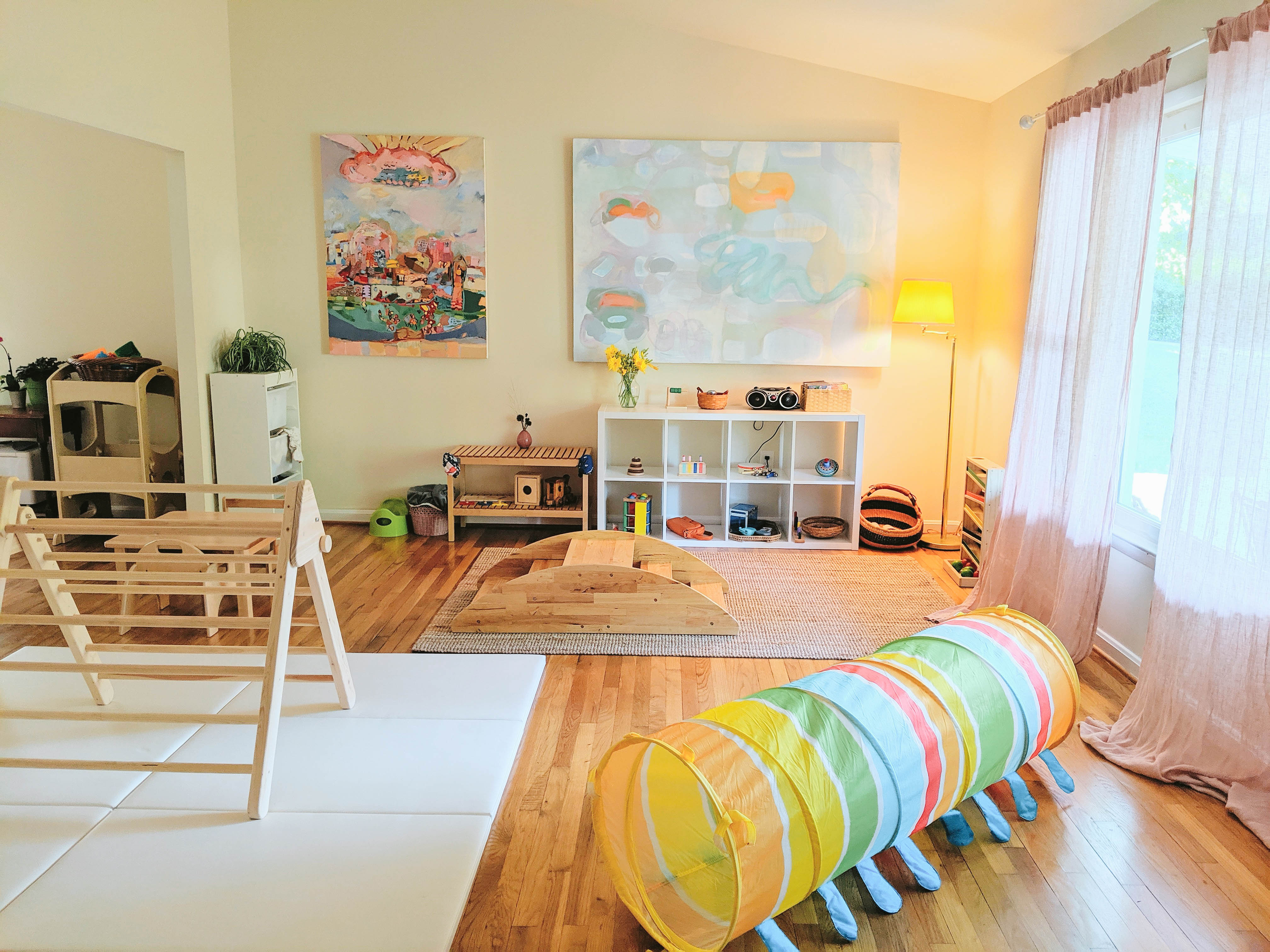
Q: In what ways do you envision the future of education?
I’m excited about the efforts to introduce and expand Montessori programs in the public sector and make high-fidelity Montessori available to more children and families. The research being done on Montessori programs and outcomes will support this effort.
Q: Where do you see Montessori in the next 100 years?
I predict that Montessori organizations will find new ways to collaborate to capitalize on each other’s strengths and compensate for each other’s weaknesses. I predict that Montessori leaders will make nimble, creative, and bold decisions to assure that our country’s burgeoning demand for Montessori is fulfilled in both the quantity and quality of programs.
I hope and expect that general awareness of the Montessori philosophy will increase as it permeates our culture. More parents will have a more accurate understanding of what Montessori programs offer, and more parents will have access to high-fidelity Montessori programs in their communities. So many people contribute to this, from researchers to journalists to documentary film producers to schools to governments to training centers to teachers and families. It’s fun to be part of the Montessori community at this exciting time!
Written by:
Baan Dek
